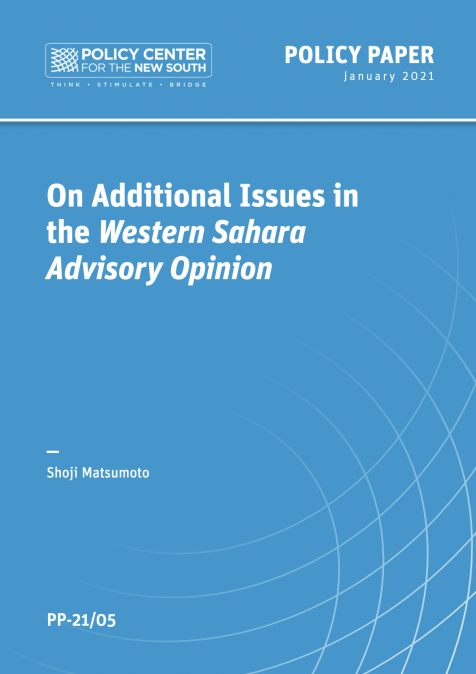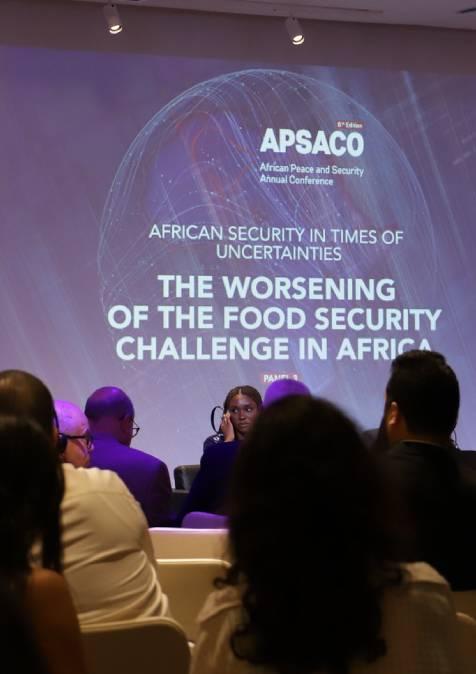Publications /
Policy Paper
In the Western Sahara Advisory Opinion, formal questions specifically requested by the General Assembly were only on terra nullius and ‘legal ties’ at the time of Spain’s colonization of the Saharan Provinces. however, two other issues, which had not been specifically requested, were added to the formal question of ‘legal ties.” The additional issues concern the right to self- determination and ‘territorial sovereignty.’ The statements on additional issues have recently been referred to in the courts. Was the issue of the right to self-determination indispensable in deciding on ‘legal ties’ in 1884? The statements throughout the Western Sahara Advisory Opinion would indicate that the addition was politically motivated, under the guise of assisting the General Assembly in solving the Saharan Issue. Furthermore, in the statements, ‘territorial sovereignty’ is focused practically on ‘legal ties’ in a contradictory manner, because the opinion declares that ‘legal ties’ should not be limited to territorial ties. However, the phrase, “legal ties of allegiance,” which was demonstrated as one of the ‘legal ties,’ was referred to only to confirm the non-existence of a territorial tie between the Saharan Provinces and Morocco or Mauritania. Such statements shall be considered more specifically in relation to Article 65 (2), providing for ‘a written request.’ They may not form precedents. In the end, a proper way international and domestic courts or States should adopt when invoking the statements in advisory opinions, taking the Saharan Advisory Opinion as an example.









